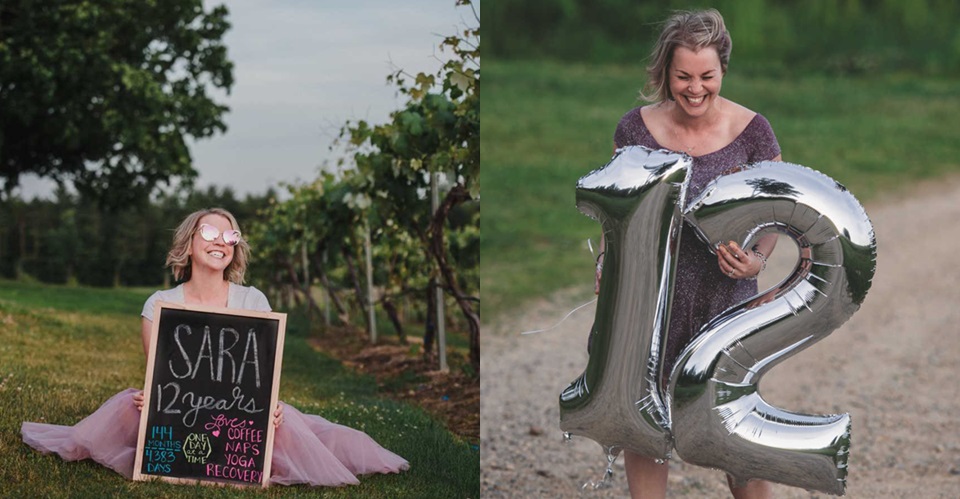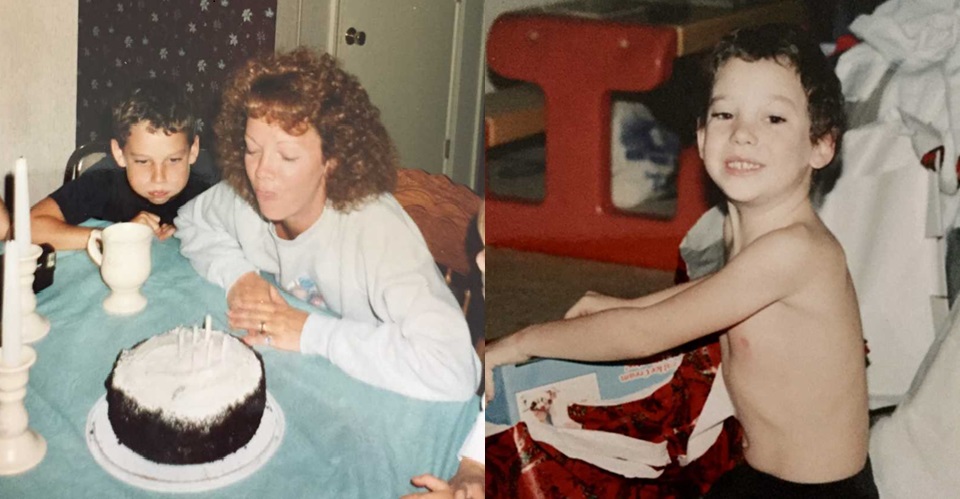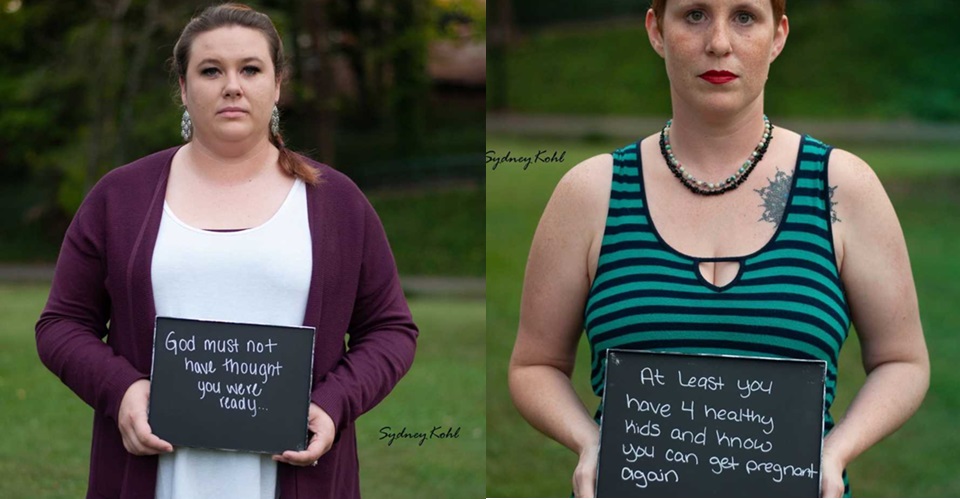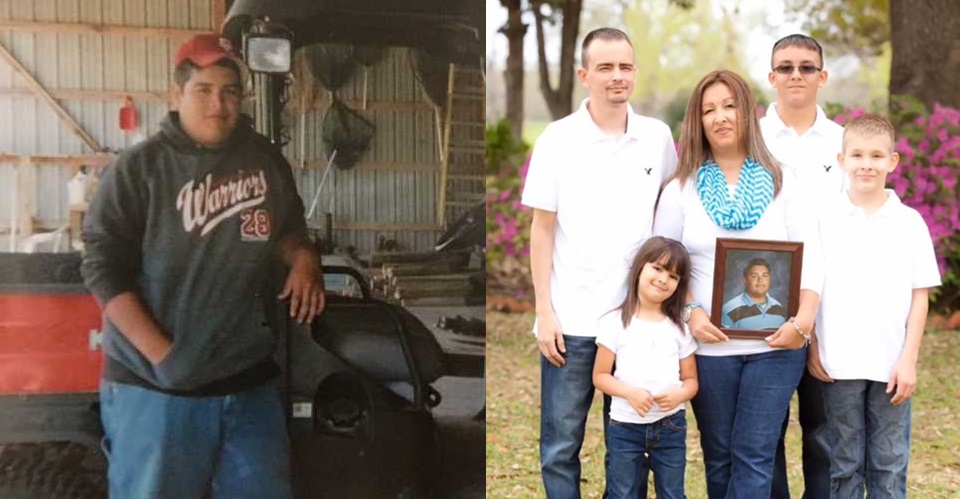Sara had every reason, at least from the outside, to turn out fine. Two parents who adored her, a brother she got along with, and a stable home where dinner was served at the table every night. They went on ski trips and vacations and even had the kind of warm traditions people envy. She did well in school, was known as a kind girl, and never went without anything. And yet, addiction still found her. That’s the part that shocks people. It doesn’t always come from trauma, poverty, or chaos. Sometimes it creeps into the lives of those who seem the least likely, making it dangerous.
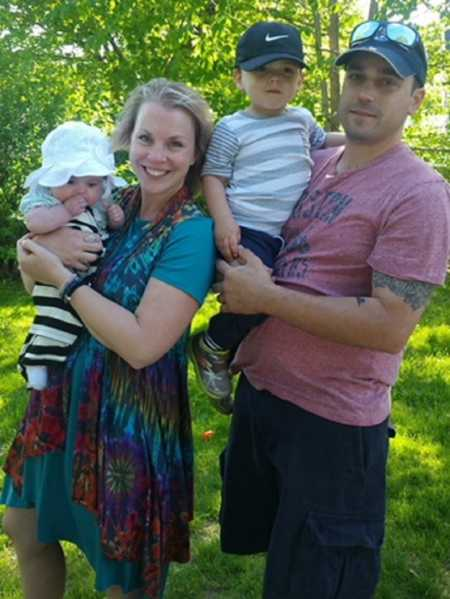
She celebrated twelve years sober not long ago, a milestone that made her want to stand on the roof and yell, “I did it!” Because there was a time when she thought she wouldn’t even live to see thirty. When people hear “alcoholic” or “addict,” they picture someone broken, reckless, and selfish. What they don’t picture is a young girl from a loving family who happened to be wired for this disease. But Sara insists, and she has lived it, that addiction is not a choice. It is not a weakness. It is an illness, and it can knock on anyone’s door.
In high school, things started small. She was shy and nervous in groups, constantly second-guessing if she belonged. Drinking gave her courage, the fake kind of bravery that makes conversations easier, parties more fun, the world less intimidating. From the first sip, she was hooked. Blackouts weren’t rare; they were constant, nights erased like chalk from a board. By college, the drinking was joined by drugs. She met a boyfriend who sold ecstasy, and before long, their lives revolved around using. It wasn’t glamorous, though she thought it was freedom then. Their apartment was furnished with milk crates, strangers drifted in and out, and cocaine became her regular.
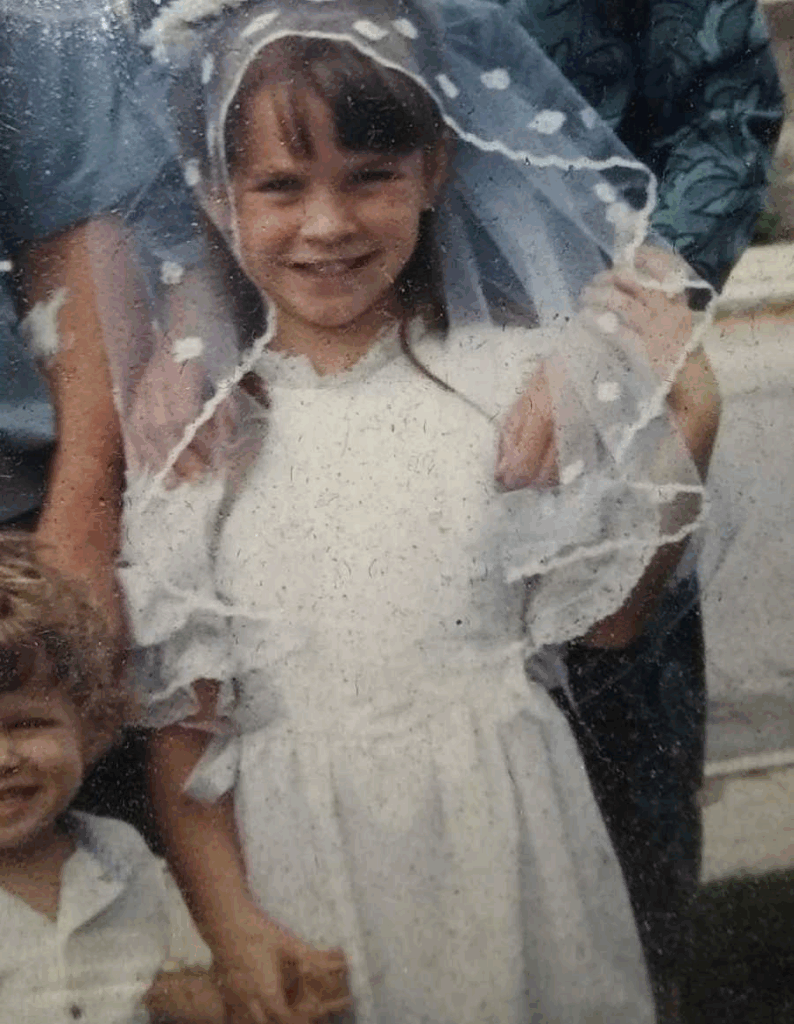
That relationship was toxic, abusive, and suffocating. He told her no one else would love her, and she believed it. She lived in paranoia, checking for shadows under the door, convinced people were after her. This was the reality of her brain on drugs and alcohol, and she called it freedom. The truth was, she was enslaved. Her family, once so close, became strangers she had pushed away. And there were nights, many nights, when she thought she might die, and shockingly, she didn’t care.
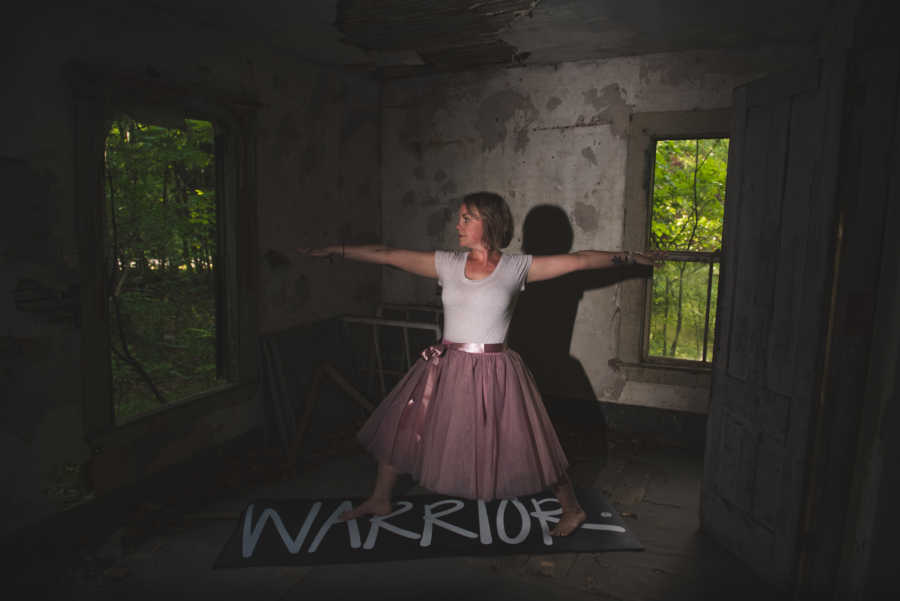
Eventually, the spiral led to a hospital stay. A family member took her in, but drinking still followed. She burned through chances, but when rehab came up, she finally agreed. It was there, in a farmhouse in New York, that she started to see herself again. People loved her before she could love herself, showing her another way to live. Rehab taught her coping skills, and a twelve-step program became her lifeline. That first year was brutal, filled with nights crying in bed, temptations to drink, and loneliness from losing friends. But she stayed sober. At twenty-five, while most peers were partying, she sat in rooms with strangers who would become her new family.
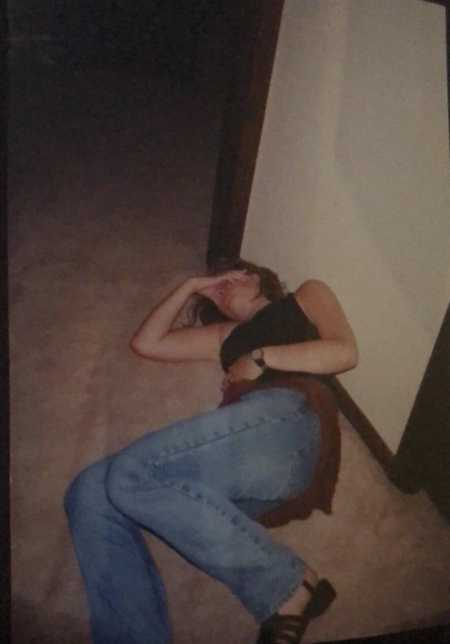
Florida became her turning point. Living with her aunt, who also had long-term sobriety, she found community, laughter, and purpose. She got healthy, finished her degree, made amends to her parents, and slowly stitched her life together. Recovery wasn’t just about not drinking anymore, it was about living fully again. She even rebuilt her relationship with her brother, now her best friend.
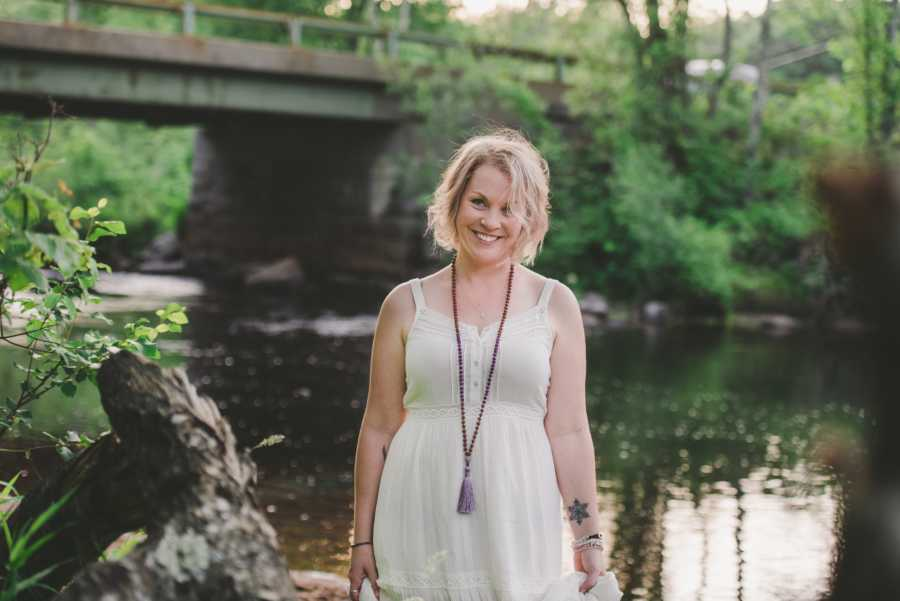
Now, twelve years later, Sara has what she once thought impossible: a husband who loves her, children who will never see her drink, parents still close, and a life rich with yoga, meditation, recovery meetings, and even a jewelry business. She is studying to be a yoga teacher, hoping to bring healing into treatment centers and blend her recovery with a practice that grounds her.
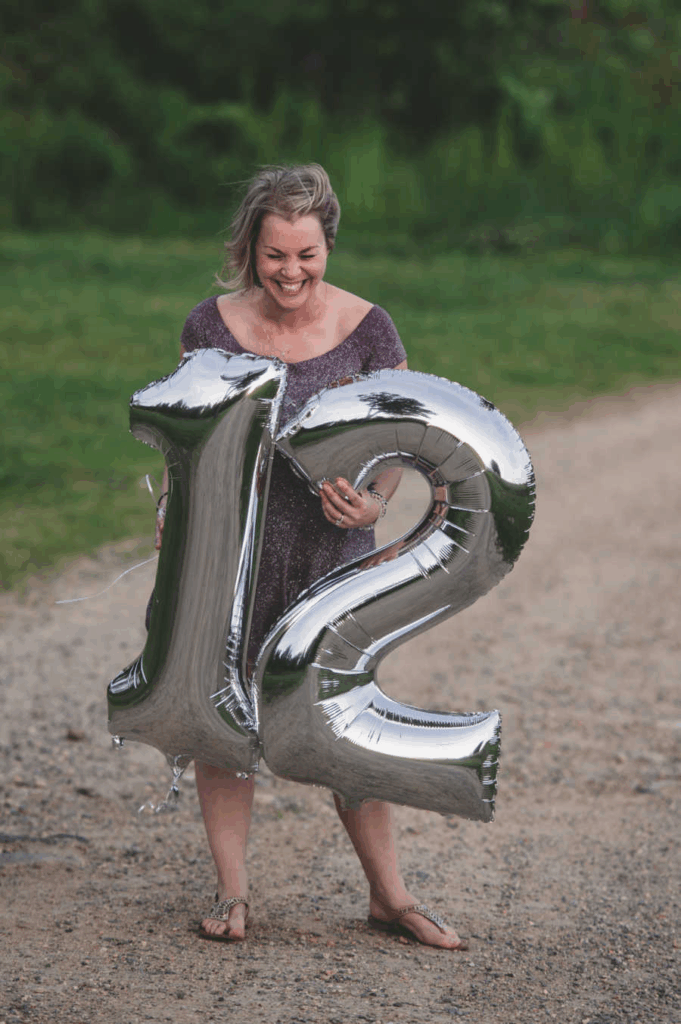
She wants people to know that addiction doesn’t look just one way. It isn’t reserved for broken homes or the unlucky. It can be the girl next door with loving parents and ski trip photos on the mantle. Her story is proof that recovery is possible and worth fighting for. And if sharing it helps just one person believe in brighter days, she says it’s worth every word.
